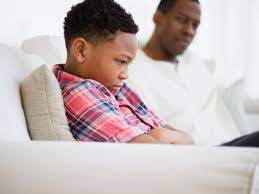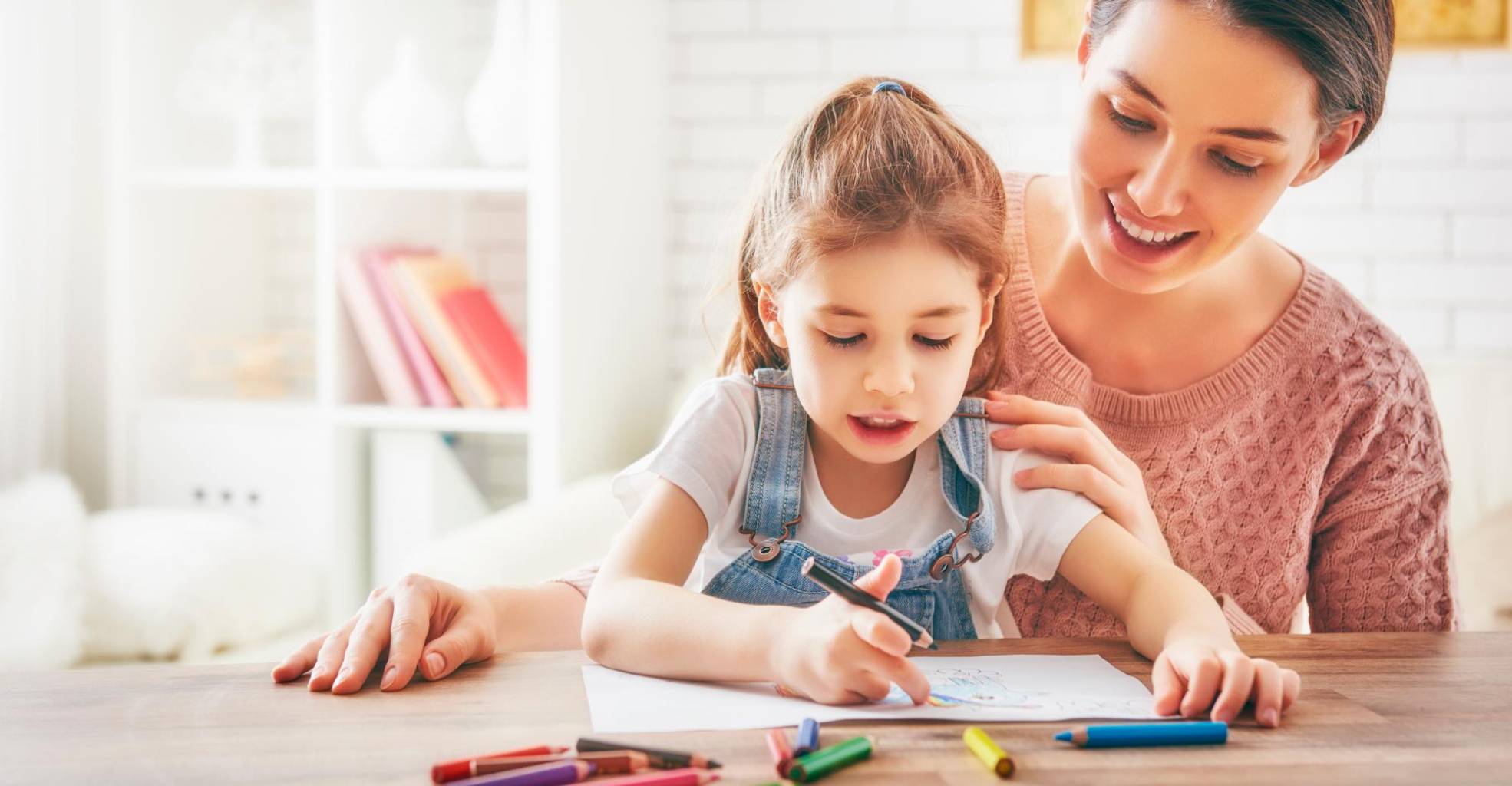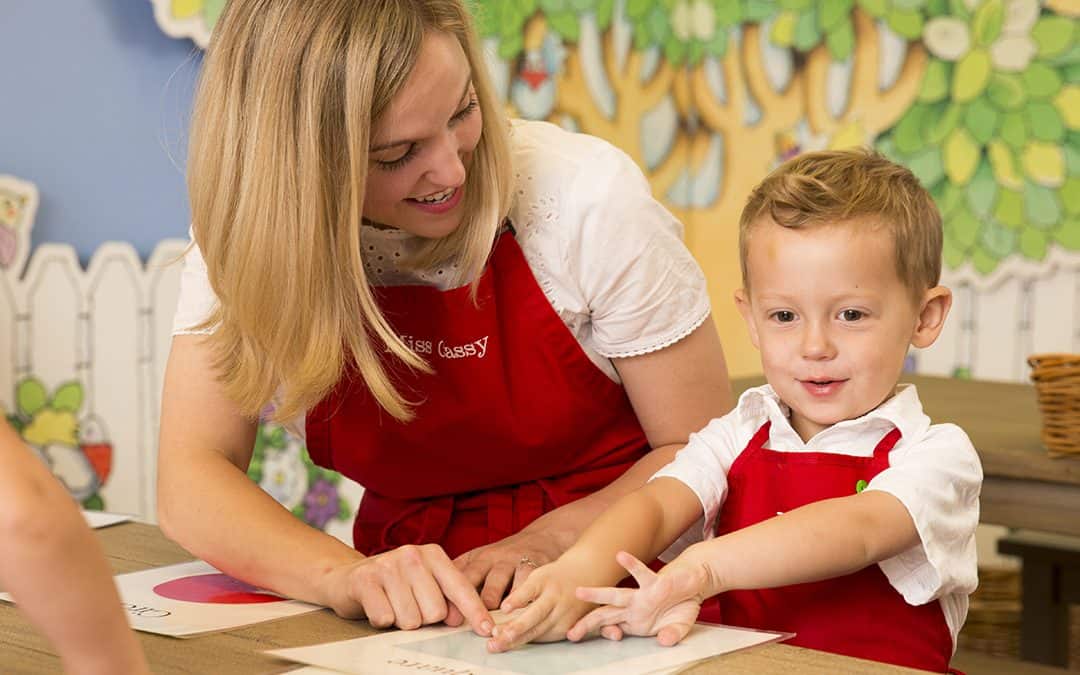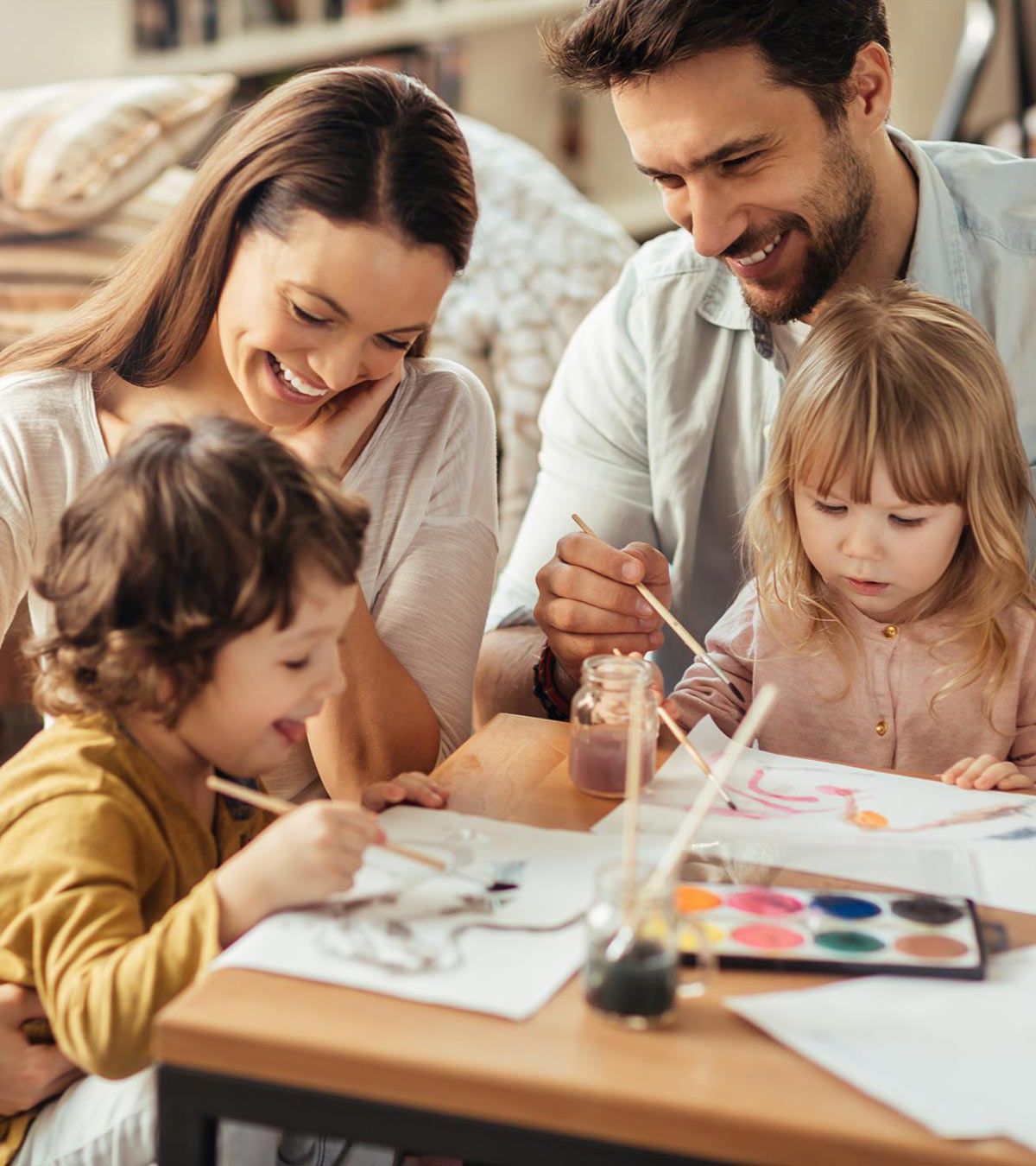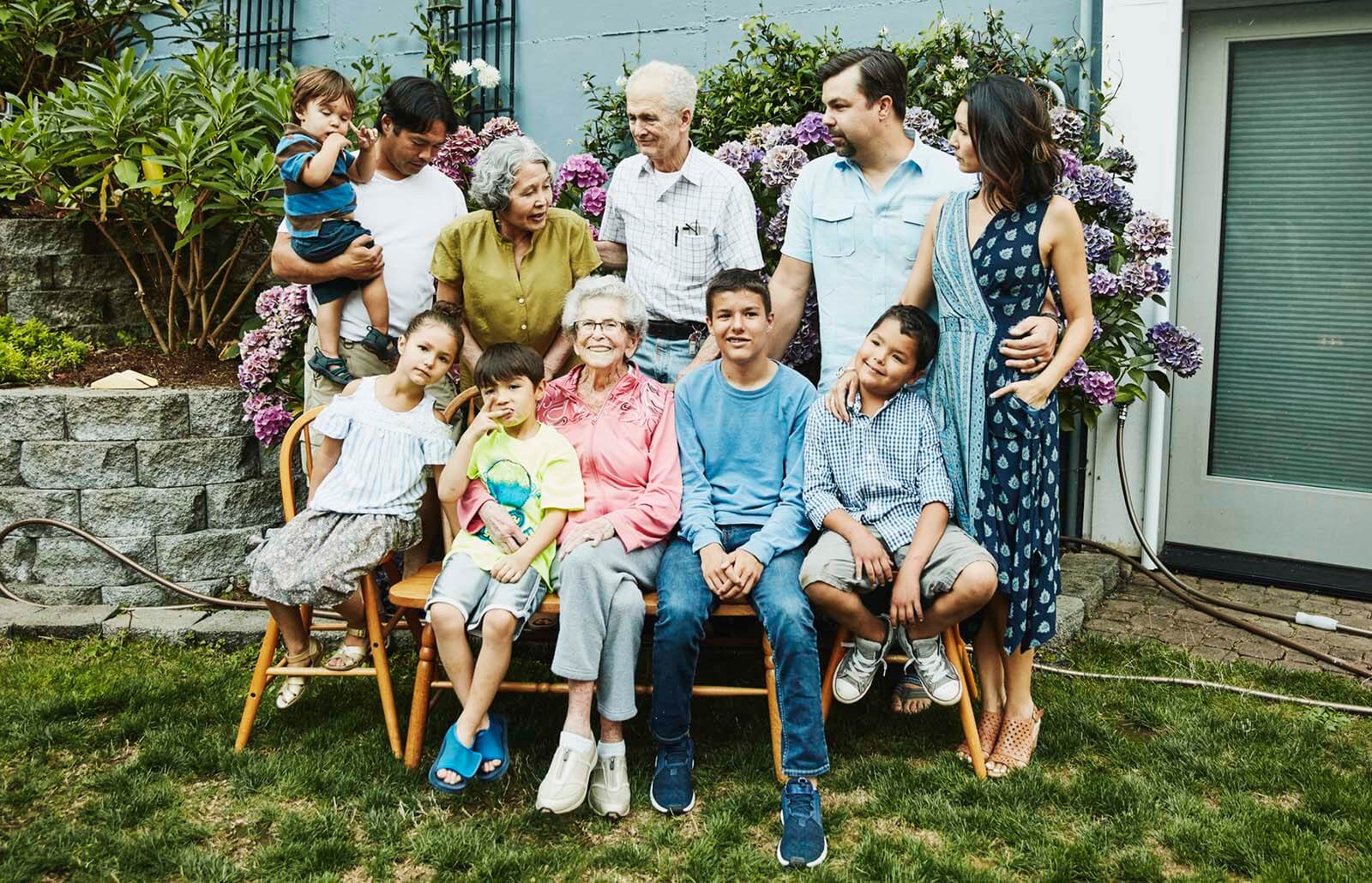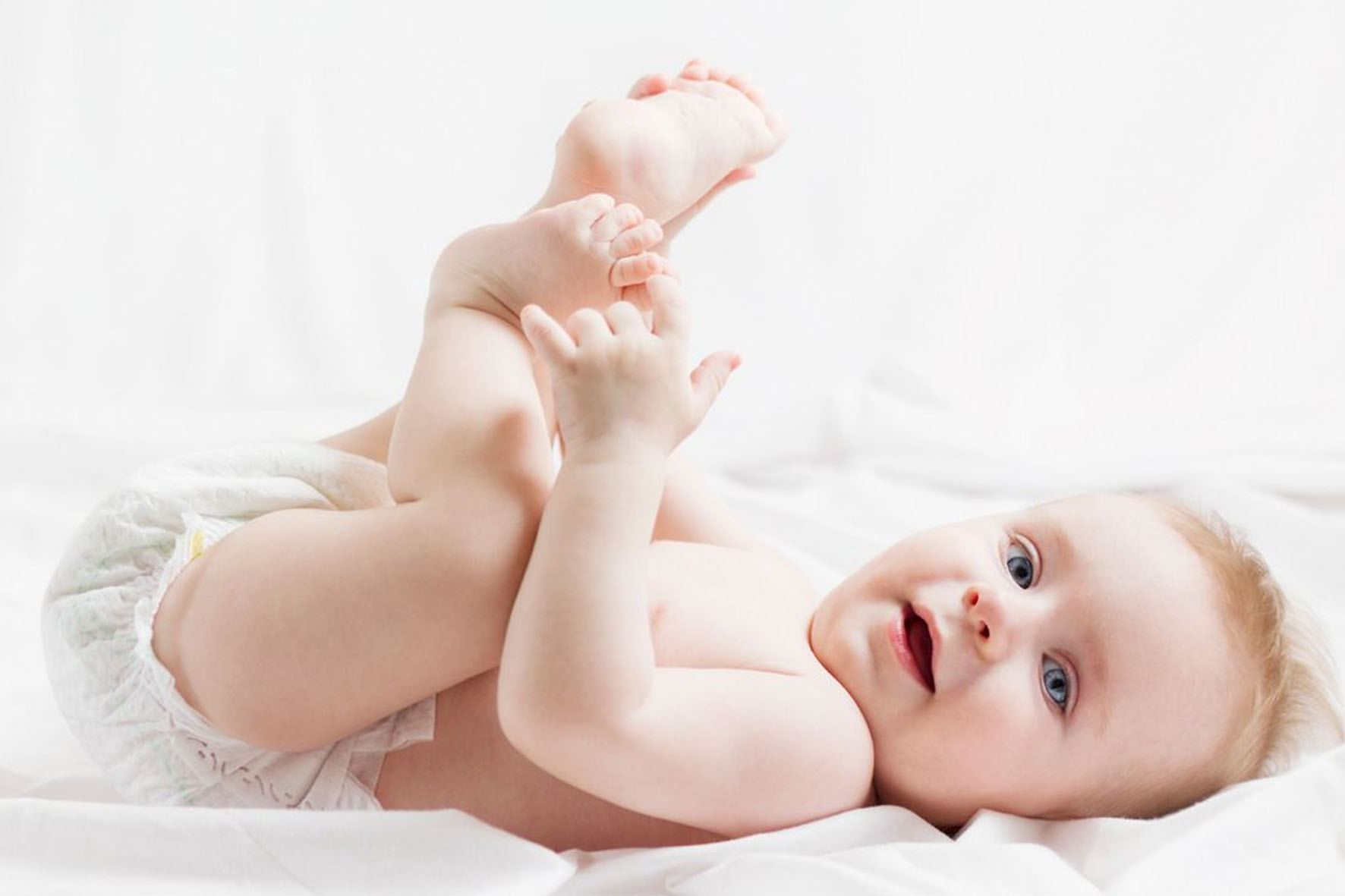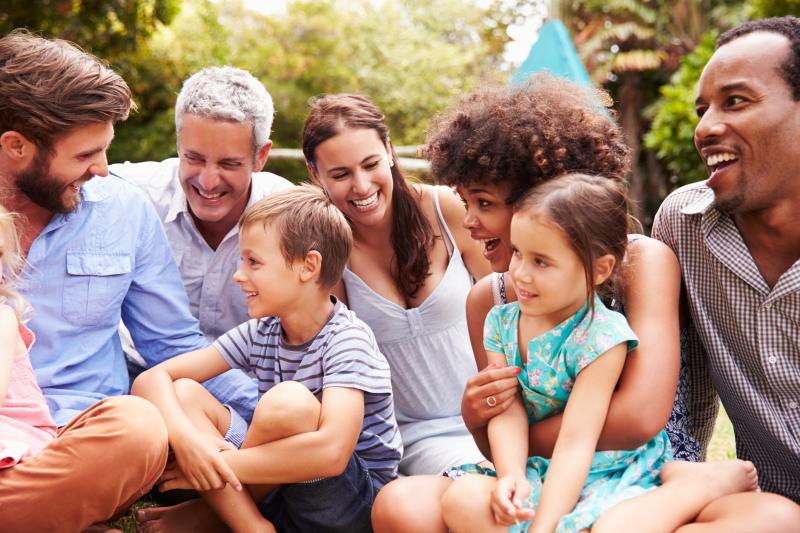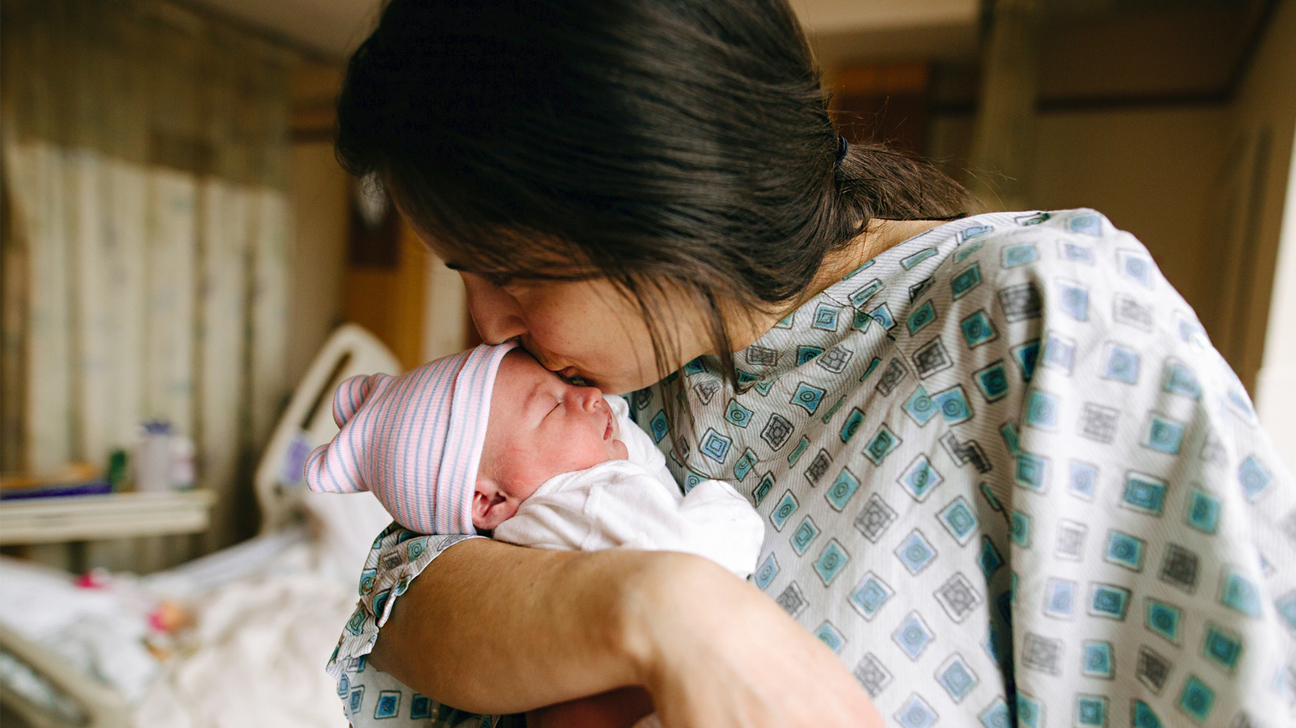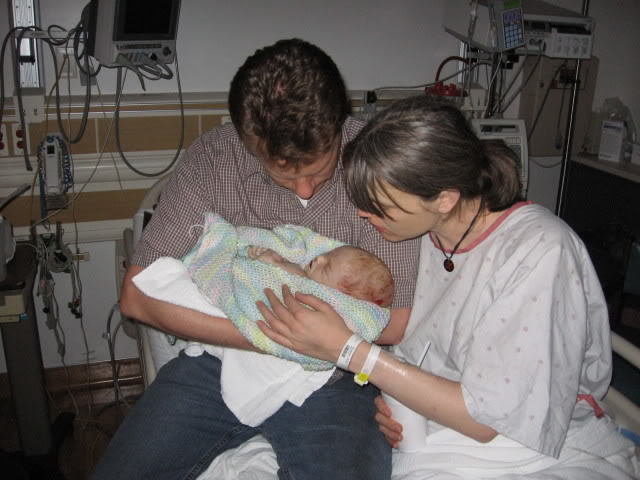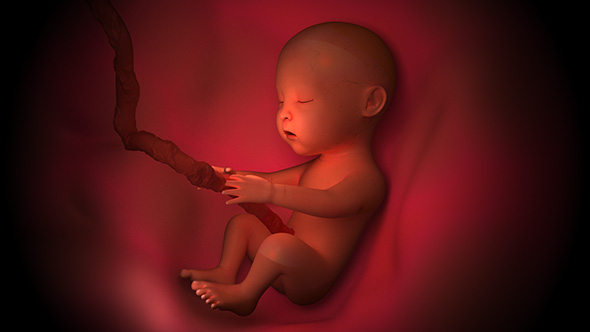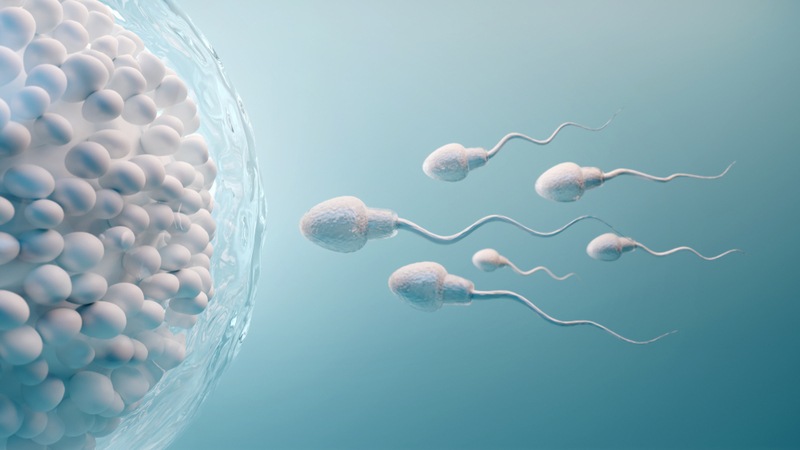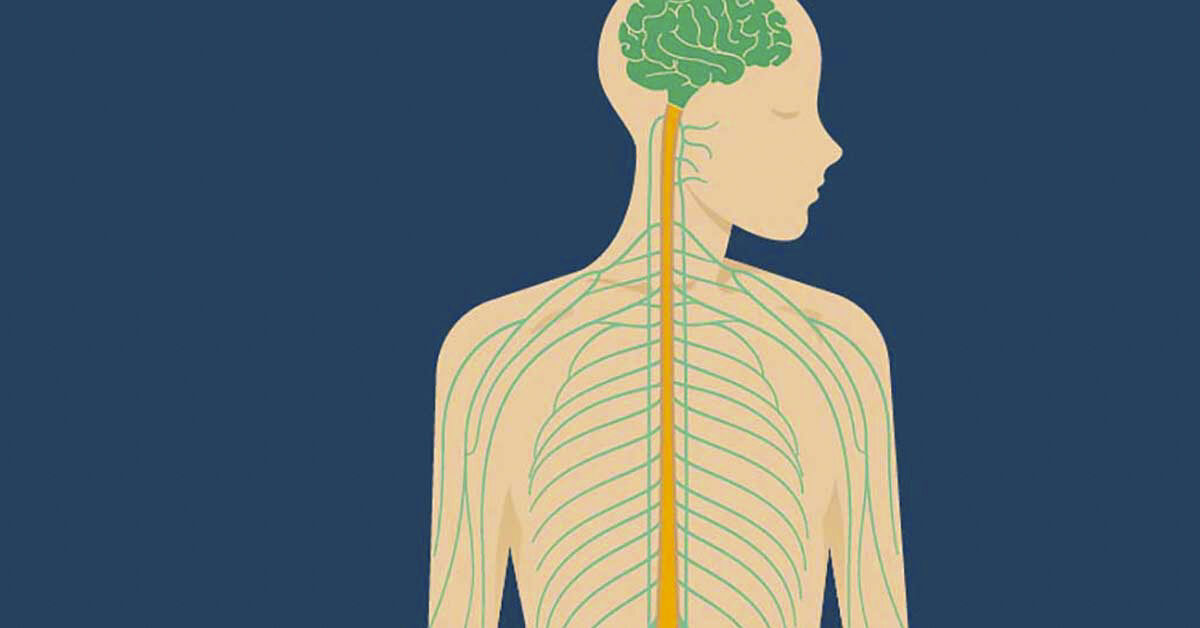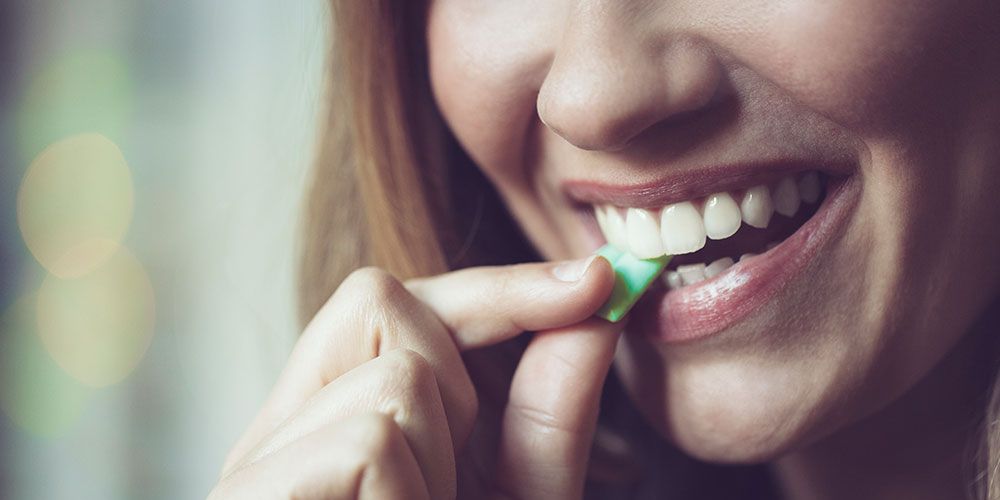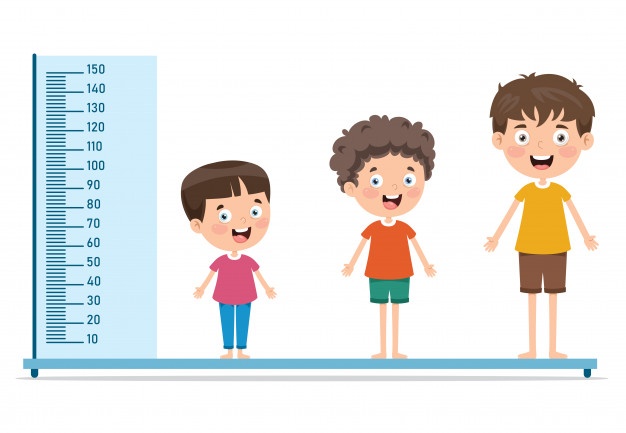
You are always growing. It is the easiest thing you do. It just happens. You cannot see yourself grow. You may not seem to be much taller today than you were last year, but the clothes you wore last year are too small for you now. So you know you have grown.
How does your body grow?
Each day the cells in your body grow and divide. Each day your muscles have more cells in them. Your bones have more cells in them too. So each day they grow a little bigger.
Place a growth chart on a wall somewhere in your home. On each birthday, mark your height on the chart. As the years go by, you will be able to see how much you have grown.
You may wonder why you do not keep on growing and never stop. One reason is that while your body makes new cells, other cells wear out. But a more important reason has to do with tiny organs called glands. Glands make special chemicals that your body uses.
You have two kinds of glands. Some glands make liquids such as sweat, tears, and saliva. Other glands make chemicals called hormones and put them into your blood. In your blood, hormones make things happen.
The pituitary glands puts growth hormone into your blood. The blood carries it to all of the body parts that need to grow.
Babies grow very fast because their bodies make new cells a lot faster than the others wear out. You grew most rapidly during your first two years of life. Your growth will be slower until you are about 12. Then your body will start to grow rapidly again. Some people call this a “growth spurt”.
Before the growth spurt begins, boys and girls are almost the same height. Girls begin their growth spurt earlier than boys, but boys usually grow more. So they tend to be taller when the growth spurt ends.
One day, your glands will tell your body to stop growing. Then you will not grow any taller.
Babies are measured in length, not height. This is because they can’t stand up to be measured. When you were born, your head made up about a quarter of your body‘s length. By the time you finish growing, it will only make up about an eighth of your height.
When someone measures you, stand straight against a wall and get a helper to mark a line at the top of your head. Unless you stand against a growth chart, use a tape measure to measure from the floor to the line your helper marks. At least once each year, have your growth measured. Then write down your height, the date, and your age. It’s fun to see how much you have grown from year to year or more often.
Picture Credit : Google
